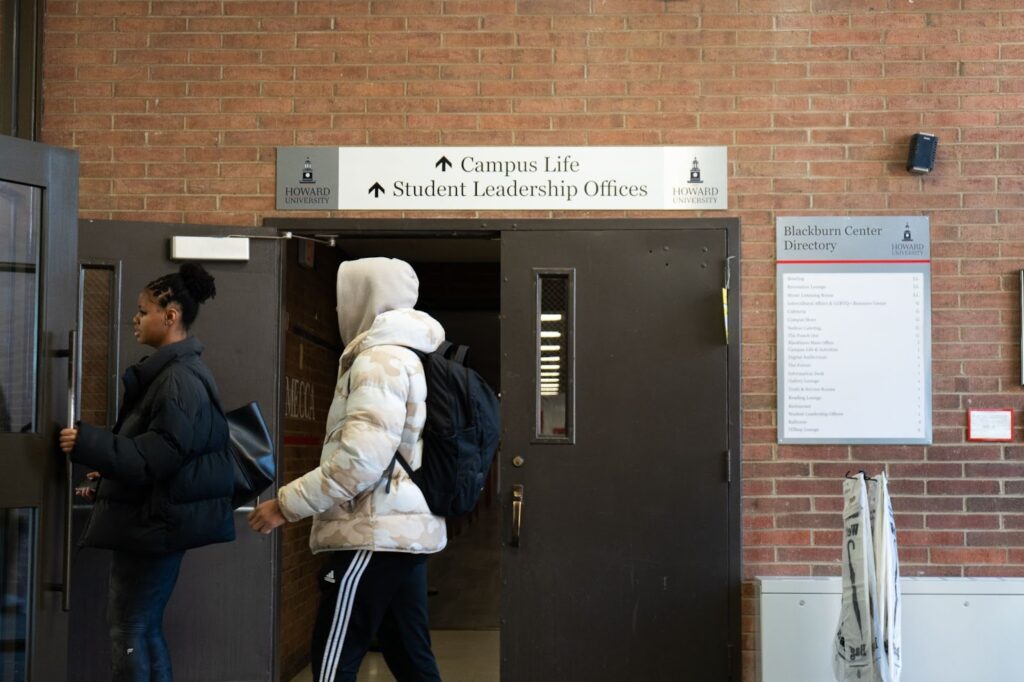
On Jan. 11, Howard University Campus Life posted a graphic on their Instagram page titled “Important Announcement” in bold letters. What followed was an announcement letting those interested in creating a new organization know they would not be able to register until the spring semester of 2025.
Walter Servance, the executive director of campus life, explained that this is not a new process but a recurring one done every two years.
“It’s already written in the student handbook that petitions to start a new organization are only accepted on a two-year cycle in the spring semester,” Servance said. “It was just us putting the message out there so students know, but it’s not new.”
In the 2023-2024 Student Handbook, the “New Student Organization Petitions and Organization Re-Activation Policy” section explains the two-year cycle policy for new organizations and clubs, including how the petitions are only accepted during certain spring semesters.
Although the Office of Campus Life will only register new organizations in the spring semester of 2025, submissions will open in the spring semester of 2024, according to the handbook.
Servance explained that this two-year cycle helps the new organizations to “establish themselves.” Within those two years, the Office of Campus Life does training to help prepare students, which includes its series of workshops called “How to Start a New Organization.”
“The two-year cycle also just helps the new organization get the paperwork that they need out of the way. There is also the petition process that goes along with this… that does take time,” Servance said.
According to Engage, a website that students can use to find organizations and events to get involved with, there are 249 registered clubs and organizations within Howard’s campus.
One of those organizations is the Howard University Alabama State Club. This club was founded by Nyah Crawford, a junior legal communications and French minor from Mobile, Alabama.
Crawford felt it was important for students from Alabama to have a “home away from home,” like many others with their own state clubs.
Crawford mentioned that the process included a lot of paperwork and connecting with other Alabama Howard students to have their support and signatures.
She was unaware of the two-year cycle policy and was glad she registered her club when she did. She thinks that knowing about the policy can help students better prepare.
“The process itself was pretty simple and straightforward, but you could run into obstacles if you aren’t fully aware of what is needed to establish a club on campus,” she said.
Seynabou Diop, a sophomore finance major from Virginia Beach, Virginia, believes that although the two-year cycle might help from a “logistical standpoint,” it might also cause a form of restriction.
“I do think sometimes clubs are needed for people to find their own space for themselves,” she said. “If students wait two years to start their club, when are they going to find a space they’re comfortable in?”
Arielle Carter, a sophomore marketing major from Long Island, New York, shared many of the same sentiments as Diop.
“During the time of every two years, there could be an ongoing issue that should be addressed, and somebody might have an idea about starting an organization to address a specific issue at a specific time,” Carter said.
Carter understood the two-year cycle policy, as she could see it taking time for students to “curate” an entire organization with “all of the logistics that are required to make a club.” However, she still felt this policy could restrain students from opportunities.
“I feel like this kind of limits students from being able to put themselves out there and take on leadership roles,” she said.
Copy edited by Jalyn Lovelady

